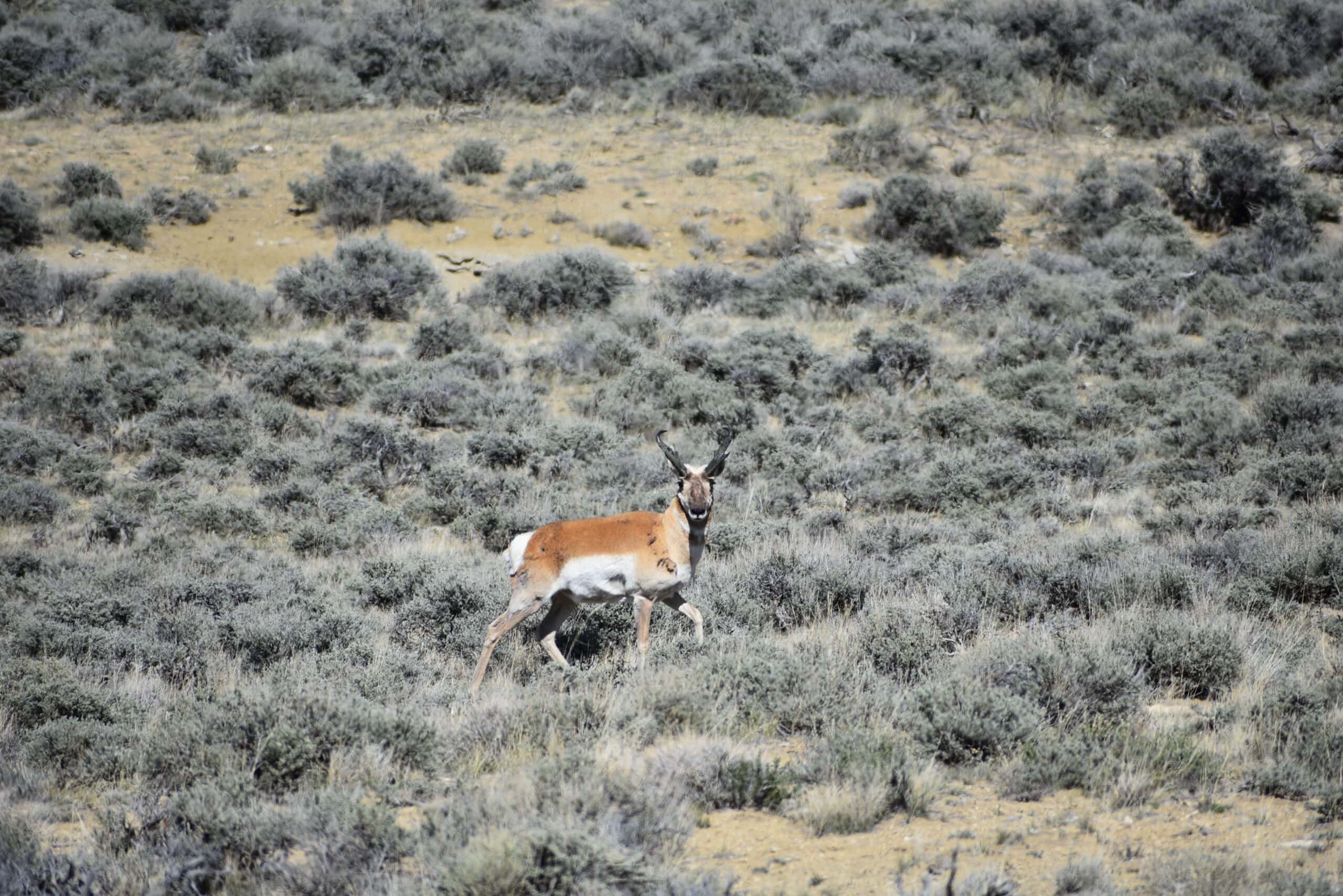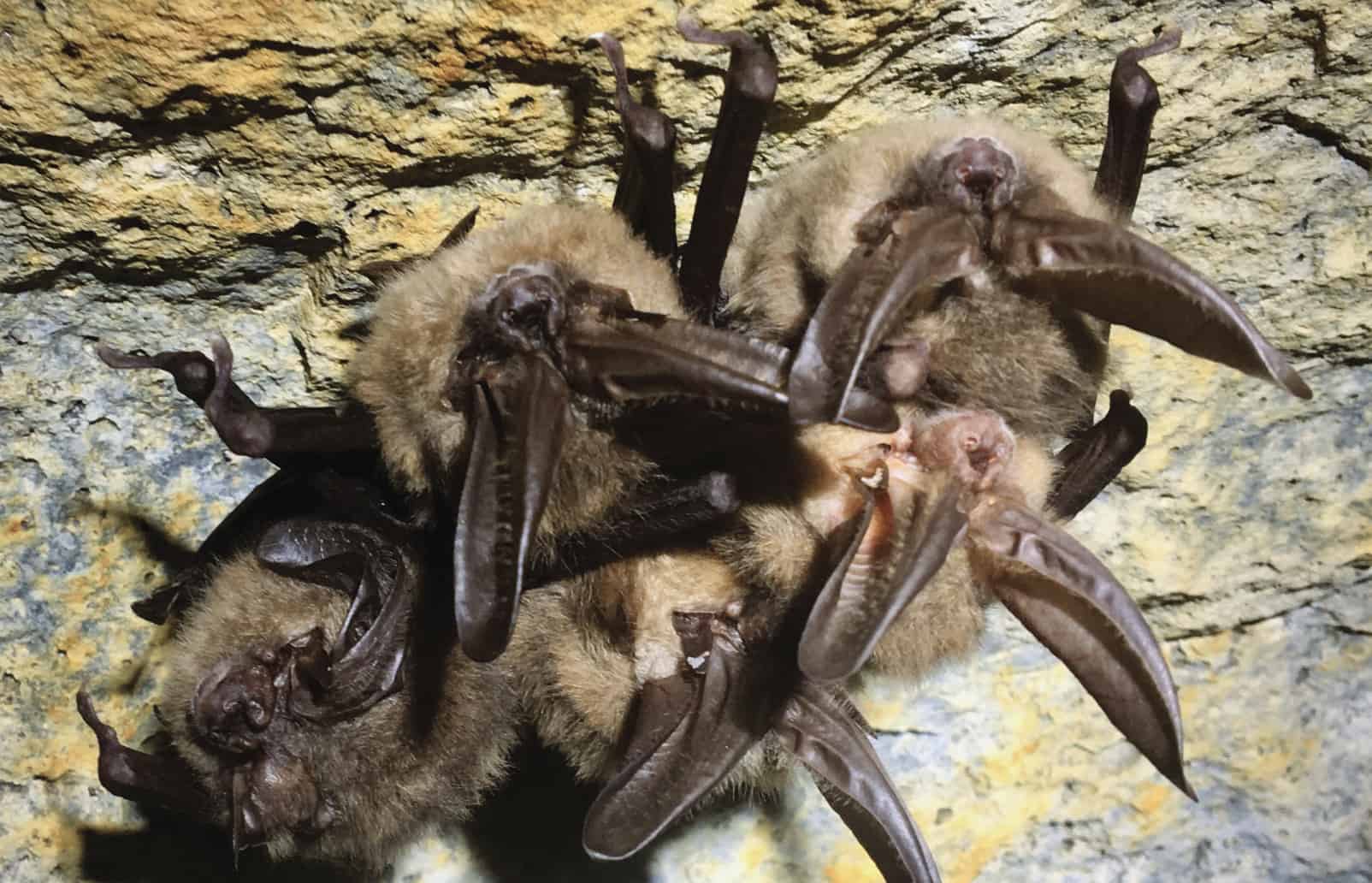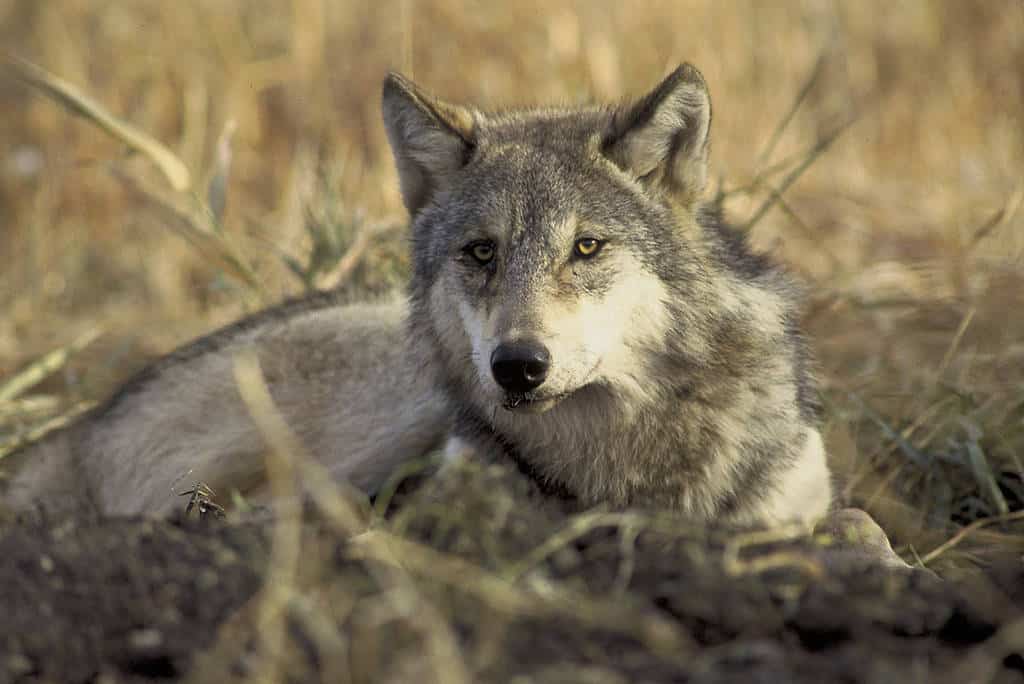Share this article
California affirms protection of migratory birds
In opposition to the federal government’s interpretation of the Migratory Bird Treaty Act, California is issuing its own legal guidance, affirming that “California law continues to provide robust protections for birds.”
In December 2017, the Interior Department changed its interpretation of the act, issuing an opinion that the MBTA does not apply to unintentional “take” of a protected bird. Previously, the MBTA was applied to instances of both intentional and unintentional take of migratory birds. In response, eight states, including California, filed suit, arguing that the new interpretation inappropriately narrows the MBTA and should be vacated.
Now, California is taking its opposition one step further. Its new legal guidance specifies that state law includes “a prohibition on incidental take of migratory birds, notwithstanding the recent reinterpretation of the Migratory Bird Treaty Act” by Interior.
The guidance notes that California courts have affirmed that state’s legitimate interest in protecting its fish and wildlife and that several different provisions in California law already prohibit take of migratory birds.
In addition, a bill now under consideration by California’s state assembly would explicitly protect migratory birds in California in light of Interior’s restricted interpretation of the MBTA.
The MBTA was passed in 1918 and has been amended several times. It protects over 1,000 species of migratory birds across the United States and makes it illegal to take, possess, import, export, transport, sell, purchase, barter or offer for sale, purchase or barter, any migratory bird (or part of one), or a migratory bird nest or egg, without a valid permit. “Take” is defined by the USFWS as to “pursue, hunt, shoot, wound, kill, trap, capture or collect, or attempt to pursue, hunt, shoot, wound, kill, trap, capture or collect.”
With unintentional take, which can occur during activities such as wind energy development, traditional oil and gas development and power transmission, no longer covered by the MTBA, Interior’s new opinion could remove motivation for companies engaged in those activities to work with the U.S. Fish and Wildlife Service to mitigate the effects of their projects and innovate wildlife-friendly solutions. TWS, and others, have expressed concern about the Interior’s changes.
Header Image: Snow geese, one of 600 species of migratory birds in California, take flight. ©USFWS








